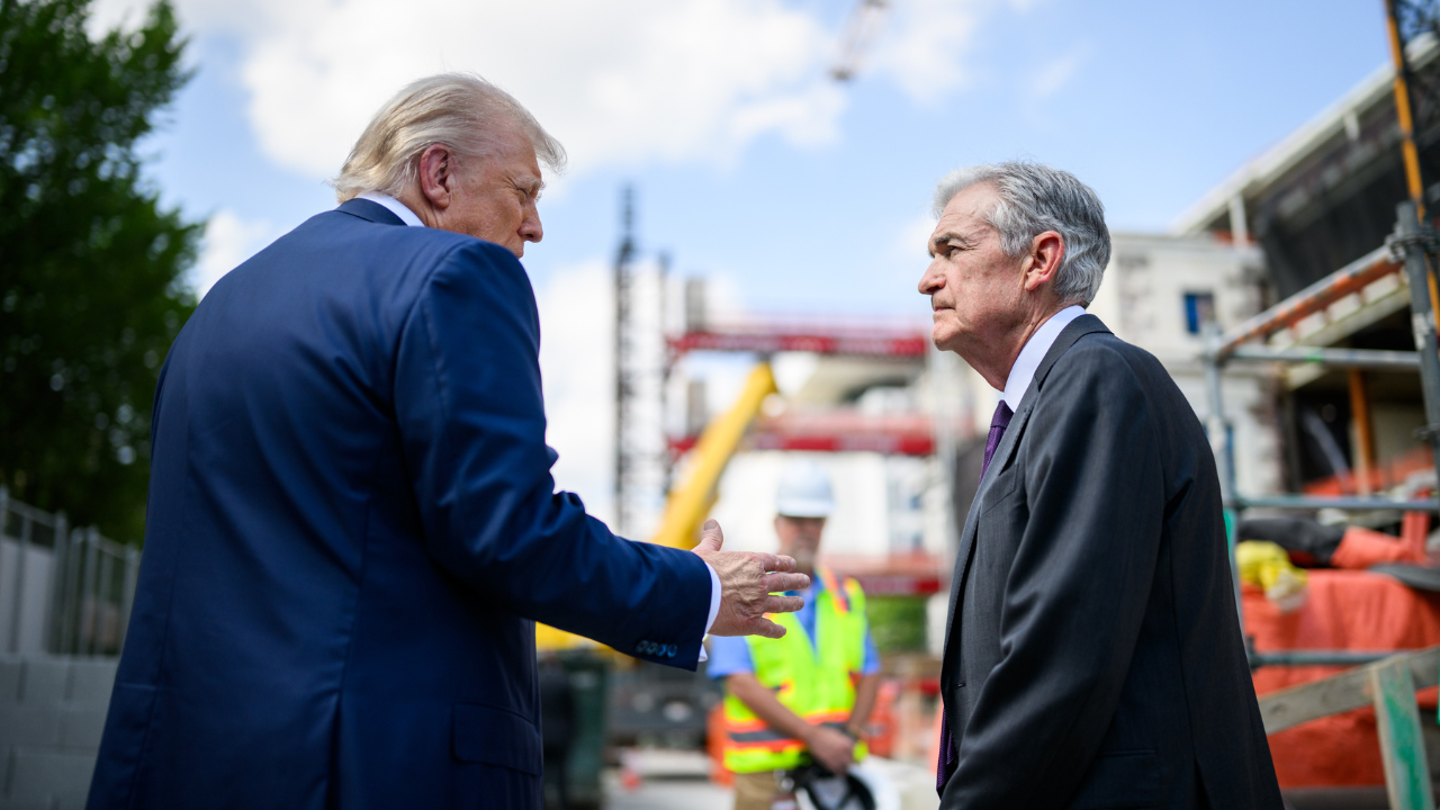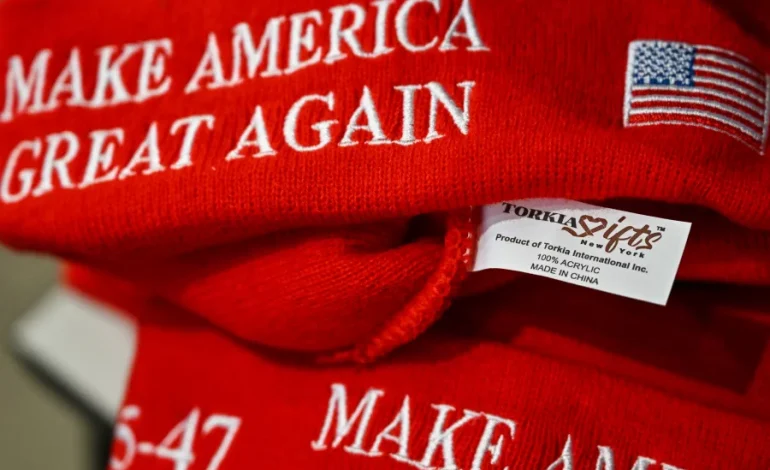Ramon van Meer, a Texas-based showerhead seller, discovered some unexpected insights about consumer preferences and the challenges of domestic manufacturing while exploring whether producing his filtered showerheads in the United States would be viable, NPR reports.
Van Meer’s company currently imports showerheads from China and Vietnam. Earlier this year, when tariffs on Asian imports increased, he wondered if customers would be willing to pay significantly more for a “Made in the USA” option. To test this, he ran an online experiment offering two choices on his website: the imported showerhead priced at $129 and a hypothetical US-made version costing about 85% more — roughly $229 — reflecting the higher costs of building a domestic supply chain from scratch.
The results were clear. Of more than 25,000 visitors during the two-week trial, about 600 purchased the imported product, but not a single customer selected the more expensive US-made version. Van Meer said:
“I was surprised, and not surprised… I was not expecting that the results were this off balance.”
The challenges of manufacturing showerheads domestically extend beyond price. Rick Whedon, whose family business SaverShower manufactures a water-saving showerhead in Connecticut, noted that while his company produces some models overseas, the US-made version requires coordination among multiple local suppliers, which have become increasingly scarce over the years.
“When we started this, there were 300 machine shops in Connecticut that turned brass to make parts. Today there might be 75,” Whedon explained.
He expressed doubt that even high tariffs would revive full-scale domestic production of showerheads.
Similarly, David Malcolm, a California-based maker of showerheads, pointed out the difficulties in sourcing domestic parts due to the decline of local machine shops. His company builds showerheads from a mix of domestic and imported parts, resulting in products roughly twice as expensive as those made in China. Malcolm emphasized that reviving US manufacturing capabilities would take time, cautioning against expectations for immediate change due to tariffs.
Van Meer highlighted the broader economic impact of relying on imports, noting that while manufacturing jobs may be abroad, many American jobs are supported by the logistics and distribution networks involved in importing products.
He said, “The conversation lately was only about manufacturing jobs, but not about all of the other jobs that are alive because we can make it in other countries and sell it for a price that people are willing to pay.”










The latest news in your social feeds
Subscribe to our social media platforms to stay tuned